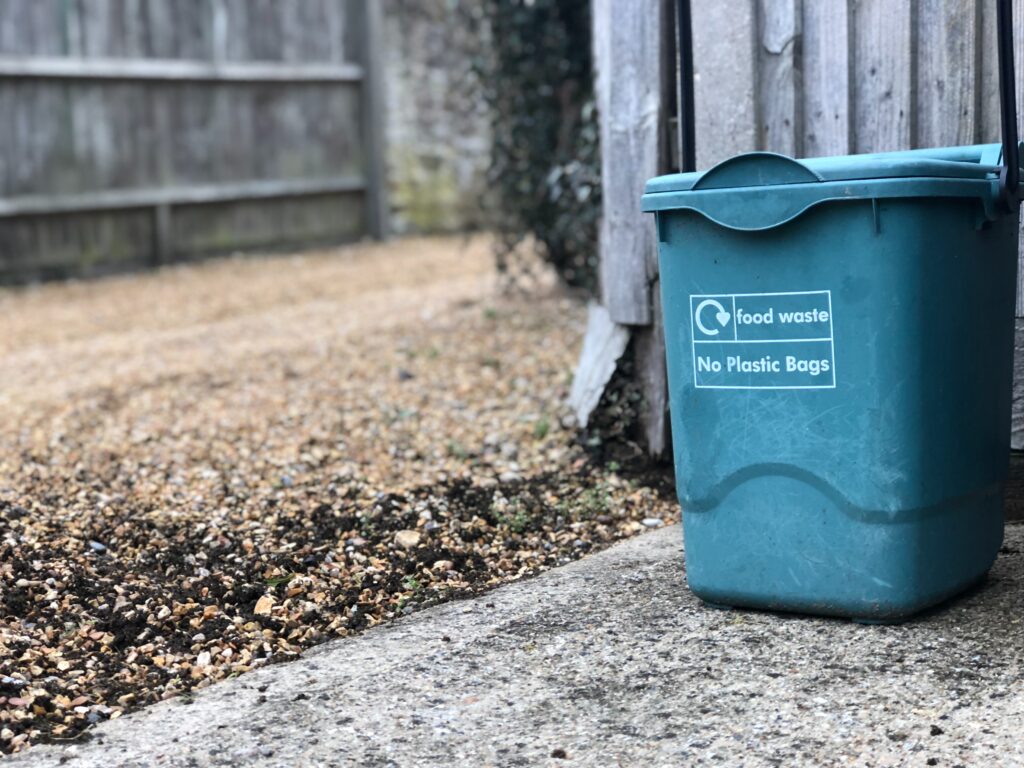This post was written by Shea Mahoney ’19
With so much focus throughout The Sustainable Innovation MBA curriculum on the complex, pressing sustainability challenges across the globe it can start to feel claustrophobic and overwhelming to think about how to address these issues from as individual in terms of personal consumer behaviors. One place I have been trying to minimize my own ecological impact is by reducing my consumption of single-use and disposable consumer plastics products wherever I can. These attempts have made it clearer than ever how hard it is to break up with plastic, it is so ubiquitous in most of the products we all use on a daily basis. Fortunately this is an issue gaining traction, highlighted by Burlington’s recent vote on Town Hall Meeting Day to ban single-use-plastic bags, and with higher scrutiny towards how prevalent these products are in our lives there is a broadening new market for more sustainable substitutes to help tamper plastic use.

By looking at the plastic products I use most frequently I have been able to identify some good alternative products to replace those, allowing me to reduce my reliance on them. One source of plastic waste that might not immediately jump to front of mind is plastic toothbrushes, but with their daily use they tend to be replaced fairly regularly and over one’s lifetime toothbrushes can account for a significant amount of plastic waste. Many companies have sought to offer a more sustainable option, with biodegradable bamboo toothbrushes being a common alternative. Bamboo is a very low agriculturally intensive crop, requiring relatively little land surface area for cultivation and no fertilizer use. However, not all bamboo is created equal and with the rising popularity of the crop for myriad uses it can take a bit of digging to verify whether or not a bamboo toothbrush (or any product made with the eco-fiber) is actually sustainably grown or rather being greenwashed as a more eco-friendly option.
Another area of single-use plastics that can be reduced through investing in more eco-friendly substitutes is produce bags. While it has become pretty common practice for many to bring reusable grocery bags to the store, many of us still rely on plastic produce bags for packaging our perishable fruits and vegetables. However, there are many alternative, reusable mesh bags that can be easily used to replace the flimsy plastic ones so ubiquitous in grocery stores. These also make for a relatively simple addition to any already ingrained reusable bag habits. While the need for more substantive, paradigmatic shift in the way we as a society views the use and disposal of plastics remains a daunting and pressing concern, there are many ways at the individual level to curb your consumption and make small but meaningful changes. Investing your dollar votes in sustainable products that provide longer term solutions instead of reaching for single use plastics when convenient is one way we can all contribute to the larger, collective groundswell of change.
Sources:
https://goodonyou.eco/bamboo-fabric-sustainable/ https://www.wcax.com/content/news/Move-to-ban-single-use-plastic-bags-gaining-momentum-5 06765721.html
Photo by Patricia Valério on Unsplash
